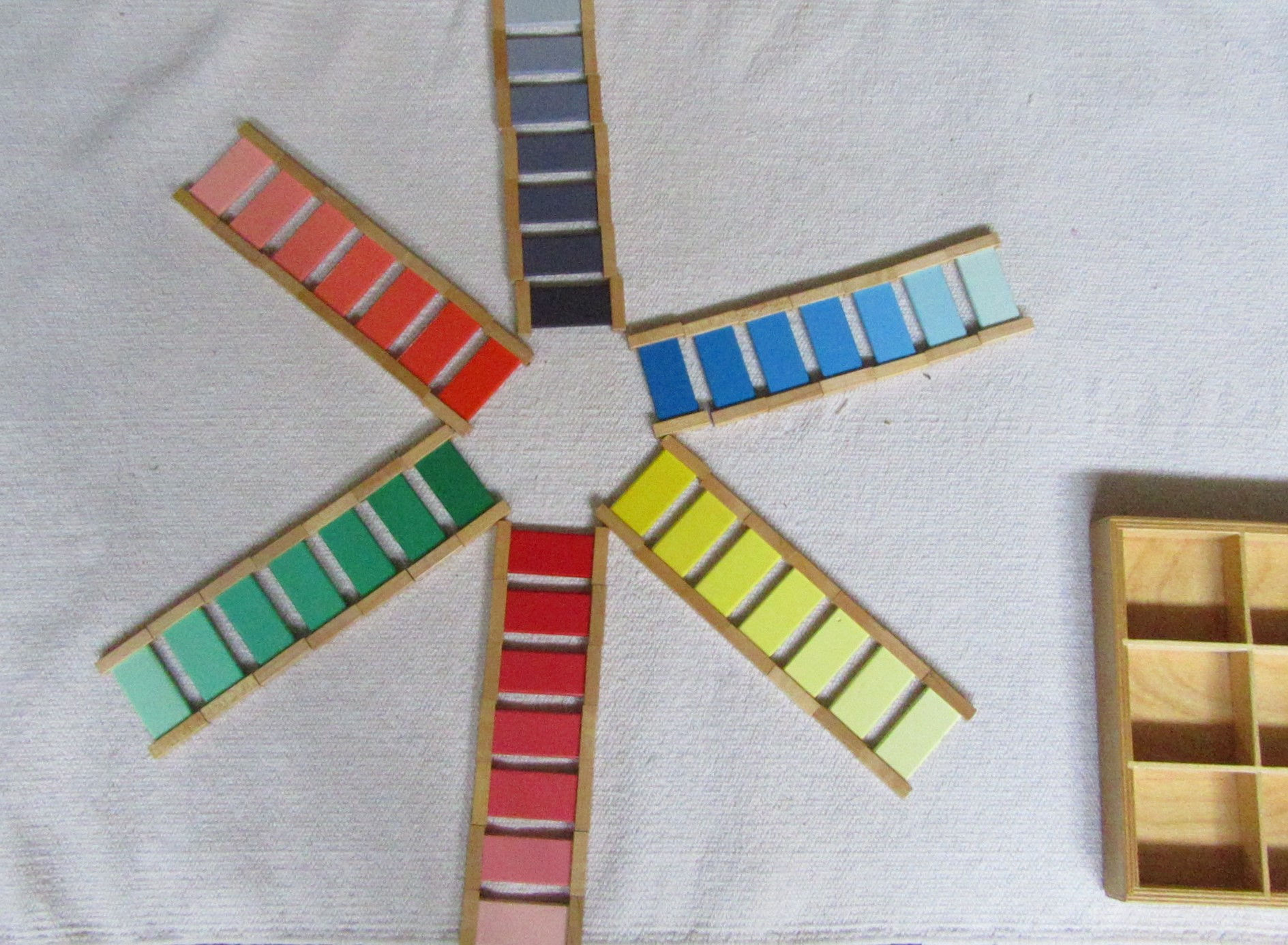
Dr. Maria Montessori
Montessori education dates back to 1907, when Dr. Maria Montessori, one of Italy's first female physician and educator, was hired to oversee a childcare program for low-income families in Rome (Casa dei Bambini). Drawing on her previous work experiences, Dr. Montessori designed a unique learning environment and materials that fostered the children's natural desire to learn. She was amazed by how easily the children absorbed knowledge from their surroundings. Given the developmentally appropriate materials and the freedom to follow their interests, the children made great strides and exceeded expectations.
News of the success of the Montessori Method sparked the interest of educators worldwide and now thousands of Montessori programs are found around the globe, with an estimated 4,001 Montessori schools, both public and private, operating in the United States.
An authentic Montessori school must have three elements:
1. The specialized training and Certification of the teacher in the Montessori Method
2. A specially prepared environment complete with Montessori materials
3. A multi age grouping of children.
Montessori Method
Montessori Method was developed by Dr. Maria Montessori. It is a child-centered method of education based on her scientific observations of children from birth to adulthood. It views children as naturally eager for knowledge and capable of initiating their own learning in a supportive, carefully prepared learning environment. It is an approach that values and respects children as unique individuals, and supports their cognitive, physical, social, emotional and linguistic development at their own pace.
The Absorbent Mind
The first six years of life are critical for learning and growth. Research has proven that a child's brain doubles in size in the first year of life and keeps growing to about 80% of adult size by age 3.
90% of the brain, nearly full grown by age 5! Children "absorb" and take in information like "little sponges" from experiences in their environment. It is the responsibility of the adult to provide children during this critical developmental stage with safe, rich, hands-on learning experiences and aesthetically pleasing environment where children can explore, grow and have fun.
.
Sensitive Periods of Learning
Maria Montessori believed in children having “sensitive periods” in which children shows a strong interest on particular things they want to master. This leads to the child doing a task repeatedly, with great interest and ease, until the child has reached his goal of mastery. As they acquire the skill, that "inner sensitivity" for it decreases and another sensitivity to acquire different skills increases.
It is the teacher’s responsibility to observe each child and determine each child's sensitive periods thus, providing each child with carefully planned learning opportunities to meet their individual needs.
